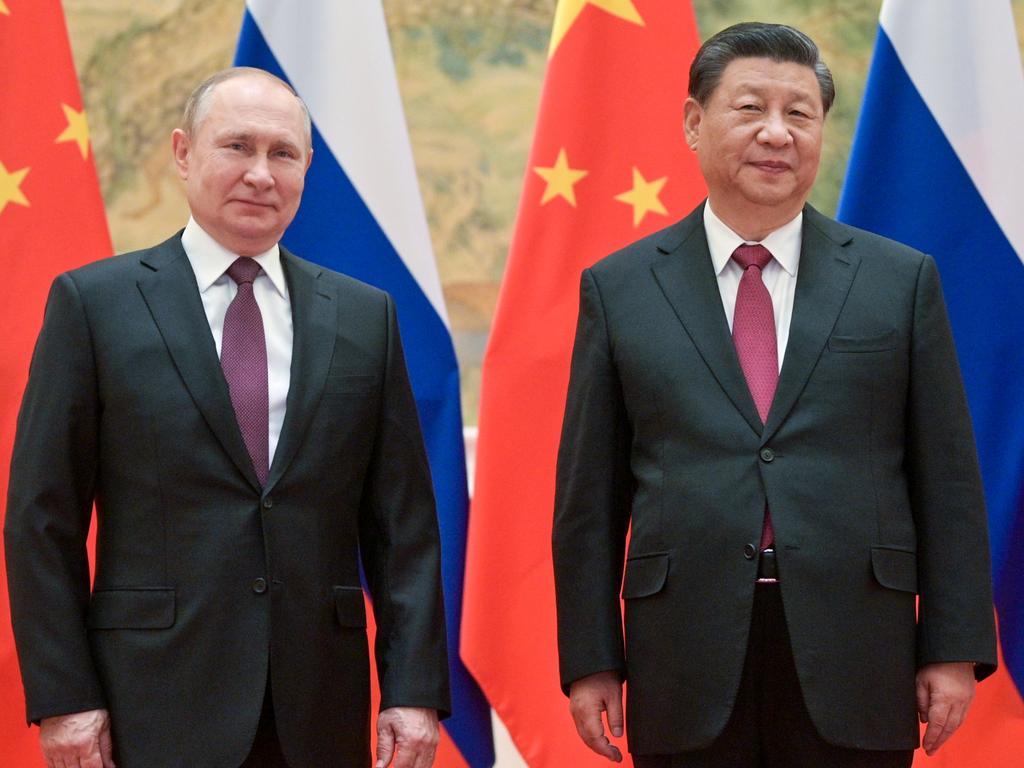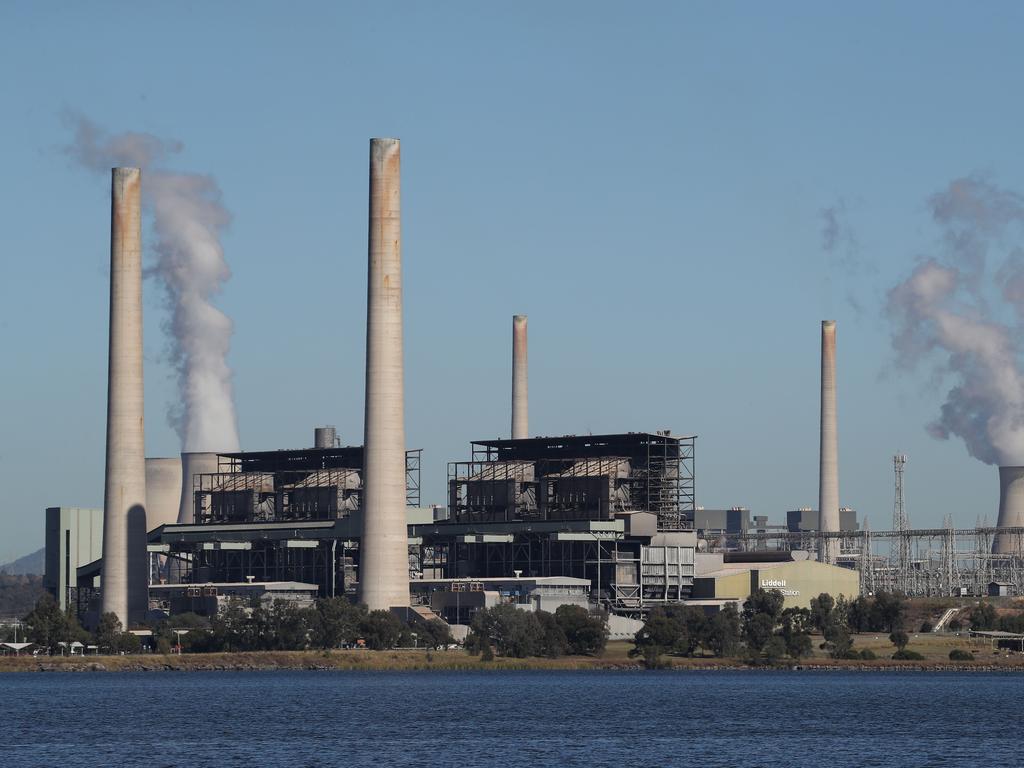Coal debate: The inconvenient truth is prices will be higher for longer

Energy market experts tell The Australian it is getting very hard to buy coal in NSW. This is an inconvenient truth. Almost certainly it will either mean higher prices for consumers or intervention by the government.
As I write, in NSW the wholesale electricity spot price is about $300 a megawatt hour. For five minutes earlier in the day it spiked at over $4000 a megawatt hour.
Electricity prices are exceptionally high, in part due to winter days, when solar is less effective, and so the market relies on thermal coal. Coal still supplies 60 per cent of the grid’s power.
Owners of coal-fired power stations are trying to plan ahead for the next three to five years.
This is not easy.
Today they cannot sell contracts for electricity because the price is so much higher than historic levels. But if they do not sell contracts for electricity, should they buy the coal?
There is the NSW Energy Road Map, which promises to build all these renewables over the next three or four years. Looking at forward prices for 2027 deliveries, the export price is $US190 a tonne. Even if it came back to $US130 a tonne for domestic players, this is triple what power stations have been paying.
If thermal power stations commit to buying coal and all the renewables get built, what do they do with the coal? And yet if they don’t buy and renewables do not get built, they face the jeopardy of high spot prices.
Renewables have the momentum and it is likely that coal-fired power stations have not been buying what they need.
Faced with high electricity prices, they have two options: to burn their stockpiles down, or to try to source new coal.
Unfortunately, to buy new coal they are competing with exporters. That is because with the exception of Mt Piper, the coal-fired power stations link into the Hunter Valley train network that ships out coal for export through Newcastle.
Newcastle coal for a May 22 delivery last traded at a whopping $US377 a tonne. It is true that Newcastle prices for quality export coal shipped command a premium to the coal that a local power station would burn. But the price charged is still orders of magnitude higher than, for example, the contracted price that AGL has locked in for Bayswater – perhaps five times as high.
Do power stations buy coal in the hope that these high power prices last? Or that electricity contract prices rise to meet them? It is a dilemma. Adding a further degree of difficulty, power stations also have to have a plan to get coal delivered to the generator. That requires a train and a slot on the Hunter Valley coal train network. At current export prices, every single free slot a miner can get their hands on is used to put coal on a ship. For power stations, coal purchases and train slots must be organised well in advance.
Until recently, low power prices, high coal prices and big talk on the renewables build-out have meant power stations have not been doing as many forward purchases. It leaves them more exposed, especially in winter months.
Each of the coal-fired power stations in NSW have different issues and their contract positions are commercially sensitive.
AGL’s Bayswater has a long-term domestic coal contract, but Liddell (closing in April next year) means it still has to buy some coal on market.
Vales Point, owned by billionaire Trevor St Baker, has its own mine that supplies 50 per cent of the coal, priced at ground, but it still has to buy coal on the market.
Eraring is owned by Origin Energy, which in February announced plans to close the generator seven years ahead of schedule in 2025. It is understood that Eraring has not signed up long-term contracts, preferring to buy coal a year ahead of what it needs.
Mt Piper, owned by Energy Australia, is to the west of Sydney and is not on the Hunter Valley network. It has a long-term contract with the Springvale mine that finishes in 2025, which is about when the current life of the mine comes to an end.
An extension of the Springvale mine, or alternatively locating and bringing in new coal supply by rail, carries environmental and NIMBY problems. Recently Energy Australia announced it was building a gas peaker and hydrogen plant, Tullawurra B.
If the Mt Piper power plant is forced to close in 2025, the thermal generation market will get very tight indeed – tight enough perhaps to force Eraring to keep a couple of units on.







Election promises on lower power bills and faster, cleaner energy get louder and noses get longer.